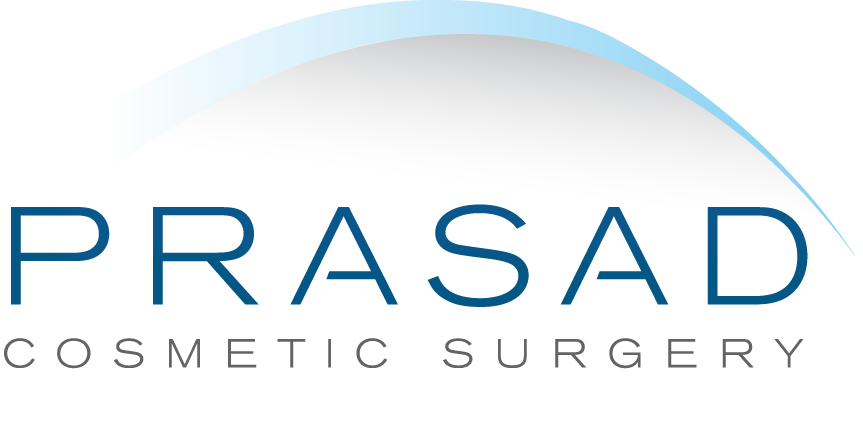By: Bill Gillette
Cosmetic Surgery Times E-News
New York — Results of two recent surveys show how much the stagnant economy has affected patients’ decisions about elective facial plastic surgery — and shed light on doctors’ misperceptions about what patients want.
The two surveys — one administered to potential patients and one to members of the American Society for Aesthetic Plastic Surgery — reveal that due to the recession, many patients are delaying facial plastic surgery and seeking less costly nonsurgical options. The surveys also reveal that physician knowledge of patient preferences differs widely from actual patient preferences in terms of treatment cost and durability, according to an ASAPS statement.
The great majority of patients prefer treatments with longer-lasting results over those with immediate effects, and most patients felt that duration of effect was more important than cost in selecting a medical anti-aging treatment, survey results show. Physicians, on the other hand, perceived patients as desiring immediate effects and valuing cost over longer-lasting results.
The ASAPS release quotes lead author T. Jonathan Kurkjian, M.D., of the University of Texas Southwestern Medical Center, as saying, “That the current economy is affecting patients’ choices around facial rejuvenation isn’t so surprising. … What is surprising, however, is the disconnect between physicians’ perceptions of patient preferences and actual patient preferences on costs and treatment longevity. Contrary to physician views, the survey results suggest that even for nonsurgical facial aesthetic options, treatment plans should focus more on longevity than on immediate impact.”
The full results of the two surveys are published in the September issue of Aesthetic Surgery Journal.
Dr Prsad’s Response:
The ASAPS did a survey that revealed that during a recession, physicians had perceived that patients wanted less invasive short term procedures such as fillers and that the patients were deferring surgical procedures. It appears that people actually were more interested in longer lasting surgery procedures which meant spending more but getting long term benefits. Here is my response:
The effects of aging during a recession continues (maybe a little faster). The principles for helping people look better remain constant. As I state in my book “The Fine Art of Looking Younger”, facial aging is a combination of volume loss (skin, muscle, fat resulting in hollowing of the cheeks and thinning lips) and descent (loose skin over the eyes, loss of jawline and neck definition).
As Cosmetic physicians and surgeons, we have a reponsibility to understand these processes and educate our patients accordingly. Unfortunately, many doctors and related paraprofessionals promoted the concept that fillers and nonsurgical procedures would help people look younger without surgery and further propagated the interpretation of patients preferring injections to surgery.
Many people who were looking to improve their appearance for job interviews chose the option of avoiding surgery for fillers only to end up looking swollen and unnatural (making them less desirable for employment during their interview). Think about it. If nonsurgical solutions were as effective as surgery, there would be no more need for surgeons and operating rooms.
As a specialist in facial aging solutions, my perception was that people heard about nonsurgical options from hype about gadgets and injectables and had to be educated about the proper management of their concern. I see pateints every week who are disappointed with nonsurgical treatment for problems that require surgery. Ultimately, I help these people by recommending what they need and then having them make an informed decision. In our practice, the most common procedures to address facial aging changes are for the eyes and the jawline/neck. These patients recover typically in 1 week and enjoy the benefits for years. I routinely use injectables to further enhance the benefits of surgery to address changes related to volume loss.
I think the take home message from this article is that we need to listen to our patients and be honest about the choices they have to address their concerns.
